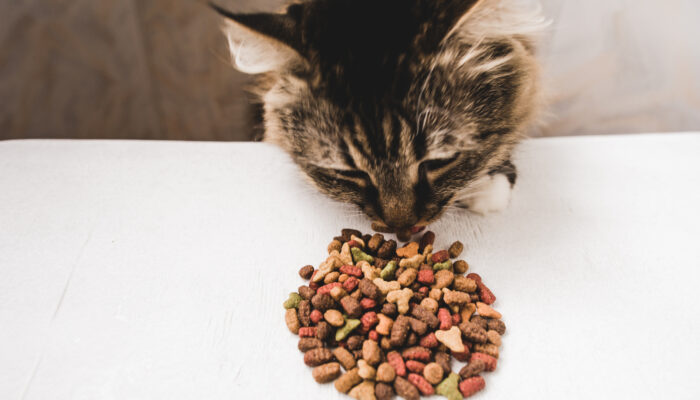
Low-FODMAP Diet Tips for IBS
Irritable bowel syndrome (IBS) is one of the most common gastrointestinal disorders by affecting almost 10% of the population in the United States every year. The most common symptoms of the IBS are the following: diarrhea, cramping, bloating, gas, fatigue, and constipation. The exact causes of the IBS are unknown but the possible triggers might be genetics and previous adverse life experiences.
The best and the most effective way to manage IBS symptoms is a special low FODMAP diet, and here are some tips for following it:
1. Core food groups
Here are 5 major core food groups that should be included in your low FODMAP daily menu: grain food (potatoes, tortillas, chips, popcorn), vegetables (lettuce, cucumber, carrot, etc.), fruits (strawberries, grapes, pineapples, etc.), protein (eggs, chicken, tofu), and fats (peanuts, oils, and butter).
2. Consult with a nutritionist or dietitian
You are able to achieve better results with a diet if you receive support from a professional who is well experienced with a diet. It is necessary to consult with a dietician for several reasons. First of all, a dietician will analyze your menu to make sure you are eating the right products. Second, a professional will help you to integrate the diet into your life better and faster.
3. Stay hydrated
Staying hydrated is extremely important for people with digestive problems. Therefore, one of the main ingredients of the IBS diet is fluids. Make sure you keep drinking enough water. In addition to water, you can add to your diet iced tea, soda, and fresh 100% juice.
4. Ease into it
Starting a new diet is never easy, so do not expect that your experience with low-FODMAP diet will smooth from the very beginning. Low-FODMAP is not the easiest one, and you will need some time to get used to it.
5. Find like-minded people
You will achieve better and faster results if you are surrounded by people who are sharing this journey with you. It is great if support comes from your family or friends. But it is not always like that. Therefore, you may check social networks and find a community of like-minded people.
6. Inform and educate yourself
Before starting a diet, it is beneficial to gather as much information as possible about it and know what to expect. Unfortunately, in terms of Low-FODMAP diet, there is a lot of unreliable and not accurate information because the diet is relatively new. The best source of the correct information about FODMAP is the Monash FODMAP app created by scholars from the Monash University in Australia.



